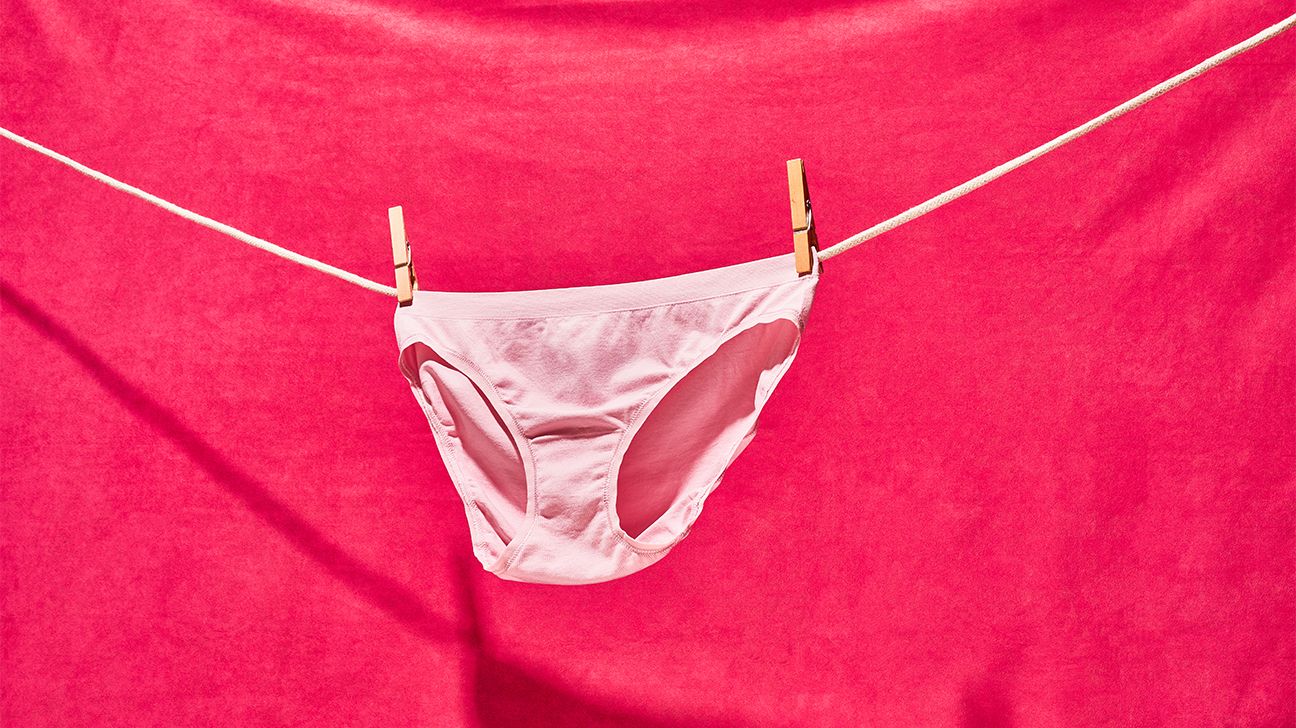
If the condom, the pill, or hey, no protection at all has failed your pregnancy prevention plans, you might resort to Plan B.
After taking an emergency contraception (EC) — aka morning-after pill — like Plan B One-Step it’s normal to eagerly await a sign this backup method did its thing. For once, you can’t wait for your period to show up! But what if your flow is still on the fritz?
Can Plan B delay your period?Since emergency contraception can affect the length of your menstrual cycle, your period might come about a week later or earlier than usual after taking Plan B.
It’s unlikely Plan B would mess up your cycle for months. So if you haven’t had a period about 2 weeks after taking the morning after pill, you could be pregnant.
Here’s what to know about how EC can affect your period.

If you’re staring at the clock waiting for your period to show up, we feel you.
Even though EC can cause your period to come at any time from a week early to a week late, everyone’s different. It’s possible that it can take even longer for your flow to return. But after about 2 weeks, the chance you’re actually pregnant goes up.
What’s to blame for the delay? That extra-strong dose of levonorgestrel (a type of synthetic progesterone — aka progestin). Though some hormonal birth control pills also contain levonorgestrel to prevent pregnancy, the morning after pill has it in much higher quantities. This can do a number on your menstrual cycle, including delaying your period.
All the deets on Plan BIn a 2007 study, researchers found that about 15 percent of participants who took Plan B experienced significant changes in menstrual cycle length, period length, and menstrual appearance.
Here’s what might happen when you get your flow back.
After EC, your period might come late, early — or right on time. Remember, on average, it’s no more than a week either way.
Research from 2006 suggests that the earlier in your cycle you take Plan B, the earlier your next period will be. But the research isn’t conclusive so we don’t know if this is 10/10 true for all EC users.
That same 2006 study found that taking EC can make your period last longer than normal. This was the case if the morning after pill was taken after ovulation. Your period length might also stay exactly the same.
Your post-Plan B period might be lighter or heavier than usual.
According to an FDA report, about 31 percent of women experience heavy flows after taking Plan B. Heavier bleeding is even more likely if you’ve taken the pill more than once in a month.
Plan B can cause side effects like nausea, cramps, or headaches, but these symptoms should go away within 24 hours. If cramping persists, it’s likely just your period.
If you have a heavier period after taking Plan B, you might feel extra tired or lethargic.
Go-to period products to go with the flowTypically there’s no need to get anything special after Plan B — your regular period products should cover it.
But if your period is extra heavy, you may want to consider an extra layer of protection. For instance, if you use tampons or a menstrual cup, you might want to layer up with a pad or leak-proof period underwear.